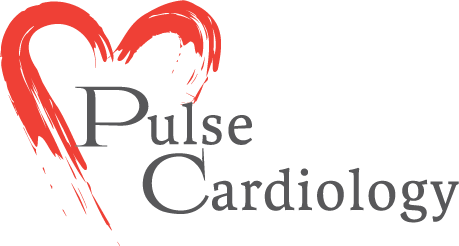What is Afib with RVR, Symptoms, and Treatment
Atrial fibrillation, better known as AFib, is a common medical condition found in nearly seventy percent of the global adult population who are above the age of sixty.
There are different forms of Atrial Fibrillation. Some are not-fatal and some are fatal. Patients with the fatal form of AFib need medical attention and extreme care in order to lead a long life.
AFib with RVR is one of the most dangerous forms of Arrhythmias since it can increase an individual’s chances of having a:
- Heart attack
- Stroke
- Decrease in the overall efficiency of the circulatory system due to inefficient blood flow that can result in irreversible organ damage
Atrial Fibrillation with RVR
If the ventricles of the heart of a person who has arrhythmia beats faster than it should, then medically the person in question has Atrial fibrillation with RVR – otherwise known as Rapid Ventricular Rate.
Atrial Fibrillation with RVR Dangerous?
Yes it is! Atrial Fibrillation with RVR is something one should worry about and for the right reasons.
When ventricles in a person’s heart beat faster than they should be, the overall efficiency of the heart reduces by many folds. The reason is simple – the ventricles in a heart that has Afib with RVR is unable to properly fill themselves up with blood. This brings down the overall efficiency of the circulatory system as a whole, thus increasing the chances of the person in question to suffer a heart attack.
Afib with RVR Symptoms
Symptoms of AFib with RVR may experience the following:
- Fluttering heartbeat
- Unexplained bouts of chest pain
- You may feel always out of breath
- You may feel like your head is spinning
It is best to keep in mind that you can only tell if someone has AFib with RVR after that person has gone to the doctor and took an Electrocardiogram – otherwise known as EKG. Only a doctor can tell whether a person has AFib with RVR after examining their EKG results.
Afib with RVR Treatment
Arrhythmia is non-fatal, but in case a patient has RVR or some underlying heart conditions then one should seek AFib with RVR treatment right away. A doctor may or may not prescribe the following medications to begin the long process of treating AFib with RVR:
- Propranolol – a type of beta-blocker
- Diltiazem – a type of calcium blocker
- Digoxin
However, it is very important to consult a cardiologist before taking any kind of medication.
Even if one suffers from this condition, it is possible to lead a healthy life for decades given you avoid alcohol, smoking, junk food, and red meat. Furthermore, treatments are effective but bear this in mind, the condition can return. In order to be healthy and safe, it is vital to regularly visit your doctor and monitor your heart rate.

